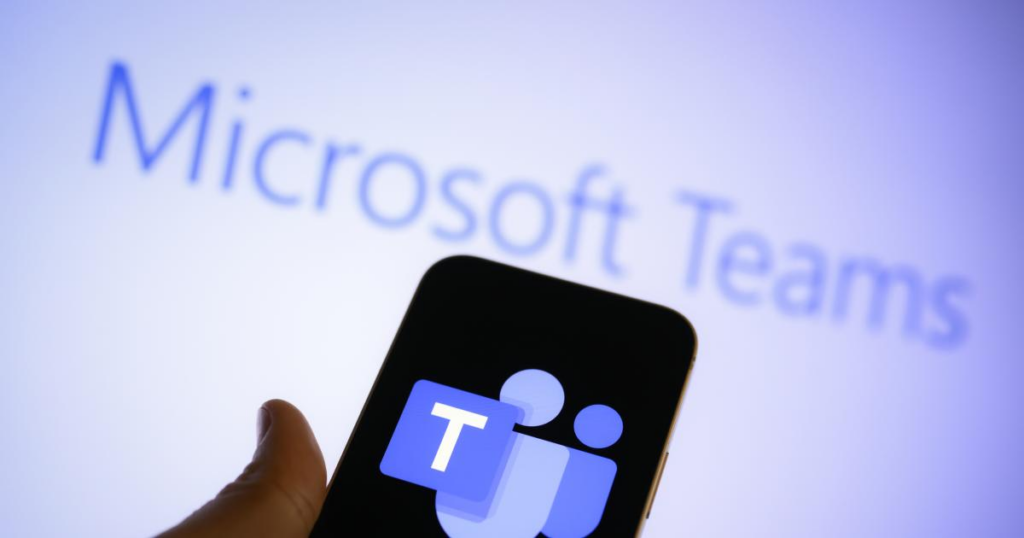Microsoft will no longer require customers of its popular Office software to have its Teams video conferencing and messaging app automatically installed on their devices, a move intended to thwart an official antitrust investigation by EU regulators.
According to two individuals with direct knowledge of the decision, the US tech giant made the concession to avoid a formal investigation, following a 2020 complaint by rival Slack that claimed Microsoft’s practice of bundling the two services together was anti-competitive.
According to these individuals, in the future, companies can purchase offices with or without Teams, but the mechanism for doing so remains ambiguous.

People emphasized that negotiations are still ongoing and an agreement is not certain.
Microsoft is attempting to avoid what would be its first antitrust investigation in more than a decade, having previously avoided legal conflicts with the European Commission that proved contentious.
In 2008, the commission accused Microsoft of abusing its dominant position to force users to download Internet Explorer by integrating the browser with Windows at the expense of competitors.
The company reached a settlement with the commission and offered consumers a selection of web browsers, but in 2013 the EU fined the company €561 million for failing to keep its word.

Uncertainty persists as to whether the tech giant’s offer regarding Teams will be sufficient to allay the concerns of regulators. Since being acquired by Salesforce, Slack has petitioned EU officials to require Microsoft to sell Teams separately from its Office software.
Tech titan makes a compromise to avoid EU antitrust investigation after rival Slack complains.
Slack’s general counsel, David Schellhase, said, “We’re asking the EU to be a neutral referee, examine the facts, and enforce the law.”
Slack’s complaint arose as the trend toward working from home accelerated. During the peak of the coronavirus pandemic, the use of apps such as Teams and Slack skyrocketed, creating a multibillion-dollar opportunity as users and businesses increasingly employ remote-working tools.
Microsoft stated, “We are cognizant of our responsibilities as a major technology company in the EU.” We continue to cooperate with the commission in its investigation and are receptive to pragmatic solutions that resolve its concerns and benefit our customers.”
The commission, the EU’s executive branch, did not respond promptly to a request for comment.

